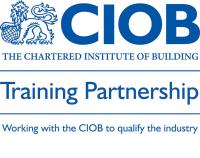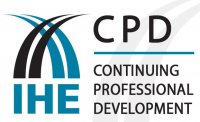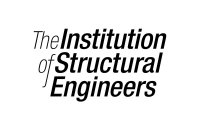Overview:
This one day course will provide a valuable foundation for new graduates and professionals moving into the field of hydrology. No prior knowledge of hydrology is required.
Delegates will be taught all the key principles of hydrology including the hydrological cycle, its key processes and how these are measured and analysed. The concept of a catchment will be introduced and ways in which catchment descriptors can be used to develop models to estimate flows at an un-gauged site will be examined. Delegates will gain an understanding of the causes and impacts of floods and droughts and methods for analysing high and low flow data.
Our training provider, develops the industry standard tools for hydrology analysis and offers nationally-recognised expertise in this field.
Aims & Objectives:
To enable delegates to:
- Describe the hydrological cycle and its key components
- Understand the concept of the water balance
- Gain an appreciation of the processes and measurement of precipitation, evaporation and soil moisture
- Understand what is meant by a catchment, how to define the catchment boundary.
- Understand how catchment descriptors are useful in modelling and estimating flows at an un-gauged site.
- Know how river flows can be measured; the UK gauging network
- Understand how flows can be influenced by human activities
- Understand the processes operating when river flows are high
- Have a basic understanding of flood design and the flood frequency curve
- Understand the processes operating when river flows are low
- Have a basic understanding of key low flow measures and the flow duration curve
- The course will provide delegates with a broad understanding of hydrology and its key principles, which will provide a firm foundation for any more technically based hydrology or software courses.
Course Outline:
Introduction to the hydrological cycle
The water balance
Processes and measurement
- Precipitation
- Evaporation
- Soils moisture
Runoff processes and streamflow
- Stream gauging method
- Gauging station networks across the UK
- The National River Flow Archive
- Human influences on streamflow
Defining catchments and the use of catchment descriptors
- FEH CD-ROM 3 software
High flow
- Runoff processes
- Analysing flood data
- Return period
- The flood frequency curve
Low Flow
- Runoff processes
- Analysing low flowdata
- The flow duration curve
- Use of low flow data for water resource and environmental management and hydropower design
Mode of Delivery:
This course uses an interactive combination of presentations, practical hands-on exercises and discussion. It is presented in 4 sessions including supervised practical exercises addressing key aspects of the course. The presentations are supported by comprehensive course notes and worked examples to provide a valuable reference source. With a maximum of 12 delegates per course we aim to make our training as informal as possible with plenty of time for questions and discussion.
Benefits of Attending:
“This course gave me a broad understanding of an interesting new area. I am keen to attend more technical courses in the future”.
Intended For:
This course is aimed at non-specialists who are new to the science of hydrology. The course would particularly suit new graduates and professionals moving into the field and provide a firm basis for more specialised studies.
Pre-Course Requirements:
There are no pre-course requirements, and no prior knowledge of hydrology is assumed. Course notes will be provided on the day and no pre reading is required. The trainer is always happy to answer questions.








